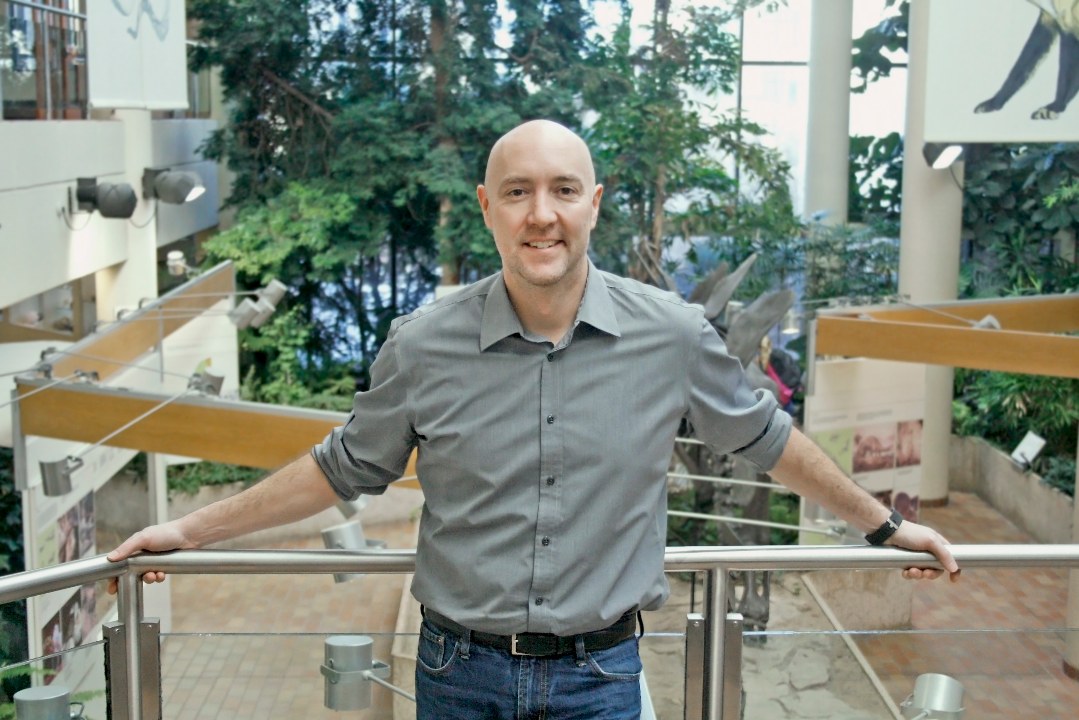Saskatoon, Saskatcheway, Canada
August 29, 2023
A proposal led by Dr. Chris Todd (PhD) to take the Environmental Plant Pathogen Interaction Centre (EPPICentre) to its next phase was awarded $796,910 in funding from the national John R. Evans Leaders Fund (JELF).

The funding for Dr. Chris Todd (PhD) (pictured) and other USask researchers was part of more than $113 million awarded to almost 400 research infrastructure projects across the country. (Photo: Submitted)
The fund, run through the Canadian Foundation for Innovation (CFI), supports research and research infrastructure for innovative projects in Canada. The funding for Todd and other USask researchers was part of more than $113 million awarded to almost 400 research infrastructure projects across the country.
USask is a consistent leader in agricultural science and biological research, with agriculture being one of the nine signature areas of research. For Todd – the head of the College of Arts and Science’s biology department – evolving the plant pathogen centre is the next step in advancing important research into crop and plant health in Canada.
“We’re really looking at some fundamental questions of the plant-pathogen interaction,” Todd said. “It’s going to allow us to explore additional opportunities where a secure facility would be an advantage.”
The original EPPICentre was developed to explore clubroot disease in crop plants. Because clubroot is a serious soil-borne disease and particularly threatening to important prairie crops like canola, having somewhere to closely study clubroot in an environment where it wouldn’t be a danger to other crop research was crucial.
“Having the capacity to quickly respond is going to be really important going forward,” Todd said.
Todd worked with a team of researchers, including co-applicants Drs. Yangdou Wei (PhD) and Randy Kutcher (PhD), to develop the proposal for the second phase of the EPPICentre, which would provide additional secure growth space for propagating plant material to continue investigating clubroot disease and other pathogens as the need arises.
According to Todd, the research team’s needs “outgrew” the capacity of the first centre , which he considers a testament to the work being done at USask. The hope for the evolving facility is that it “outlasts” his career as a researcher.
He said USask’s support and the CFI-JELF funding in looking to expanding the EPPICentre was an important sign of confidence in the cutting-edge work being conducted by USask researchers.
“It’s gratifying that the university is supporting a project like this. It’s going to generate a facility that the next generation of plant biologists can get trained on and use, and potentially expand into phase three or four or beyond over time,” he said.
Two other USask projects received funding in this round of the CFI-JELF process:
-
Dr. Bishnu Acharya (PhD) - High Temperature and Pressure Reactors and Analytical Tools for Processing and Synthesis of Bioproducts from Biomass - $149,600
-
Dr. Dylan Olver (PhD) - An Optical-based Microvascular Imaging Platform (mVIP): The role of the Microcirculation in One Health - $136,598